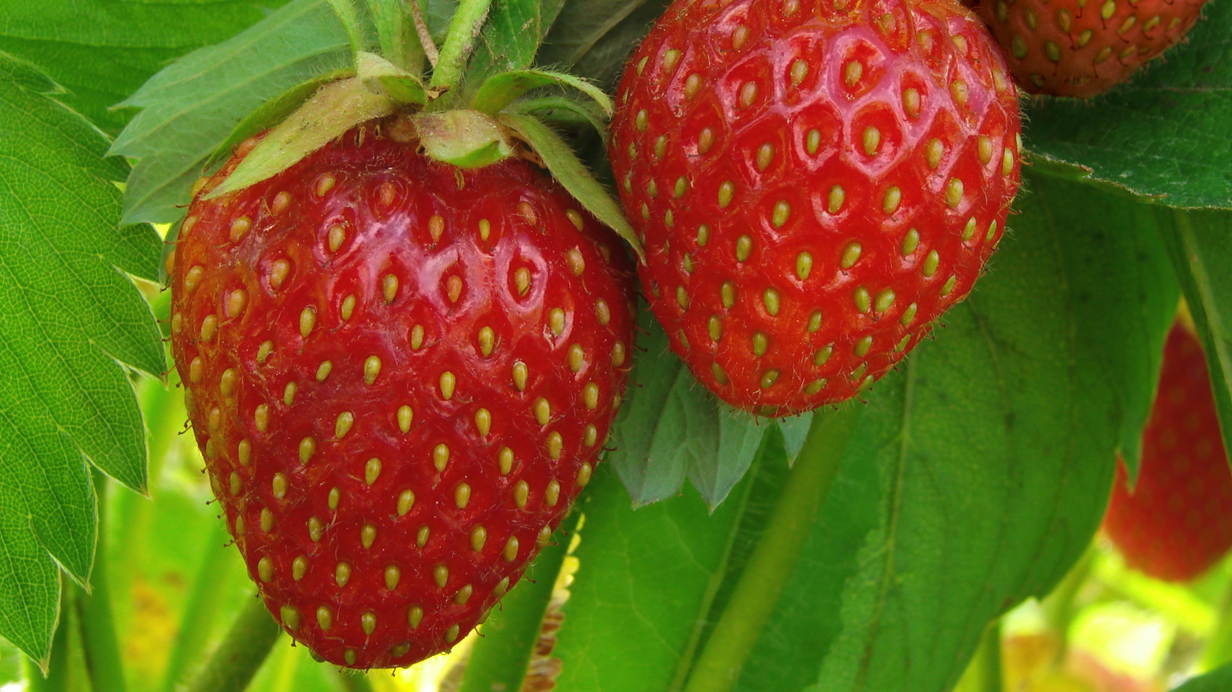Why you should use biostimulants in horticulture
More and more horticulturists are using biostimulants to improve their yields and harvest quality.
The science behind these innovative products is not as complex as it seems, according to Sollio Agriculture account manager Christine Bourbonnais.
Basically, they are organic acids that reduce the impact of stress on growing plants. This allows crops to reach their full yield potentials.
There are four main categories of biostimulants, including seaweed extracts and humic acids, that are used in horticulture. Seaweed extracts stimulate growth and increase plants’ resistance to stress. They also improve the quality and uniformity of fruits and vegetables.
Humic acids, on the other hand, act like sponges, retaining water, air and nutrients in areas where roots are growing. “They are ideal for improving the structure of soils with low levels of organic matter,” adds the horticultural production specialist.
Tried and tested products
Sollio Agriculture offers a complete range of biostimulants developed in Québec in partnership with Rimouski company OrganicOcean. They are tested at the Saint-Hyacinthe research farm and in fields all across Canada.
“There are many products on the market, but they do not all hold the same agronomic value,” says Bourbonnais. “At Sollio Agriculture, our products are science-based. Field testing allows us to collect data that demonstrates their effectiveness. We are therefore able to give farmers good advice and help them choose the biostimulants that fit their needs.”
Bourbonnais says that ASCO-ROOT and Humarine are well suited to horticultural production. They are mixed with fertilizer and applied during seeding or planting, preferably by banding. This reduces the risk of double-fertilizing in the field.
ASCO-ROOT: granular seaweed extract
This biostimulant is a granular supplement made from seaweed extracts that boosts plant productivity. It does this by stimulating their cellular metabolism and reducing the impact of stress.
ASCO-ROOT uses controlled-release technology, meaning that each granule releases its nutrients slowly throughout the growing season.
We have had excellent long-term results with our established crops, such as strawberries, cranberries and raspberries. It is also promising for onions, carrots and other crops. Fruits and vegetables come out more uniform when this biostimulant is used.
Test results in potatoes speak for themselves: using 2.8 kg of ASCO-ROOT per acre resulted in a saleable-yield increase of 43.1 hundredweights per acre. That means:
+ $309/acre in net profits
Based on an average price of $8/hundredweight
Humarine: more uniform fruits and vegetables
Humarine is a humic acid that acts on soil. Its sponge-shaped molecules help keep nutrients, air, water and micro-organisms in the right place in the soil.
This biostimulant maximizes the availability of nutrients and keeps them from becoming fixed. “It also releases the phosphorus already present in the soil, which optimizes benefits,” adds Bourbonnais.
Humarine works well in horticulture, “particularly in light soils that lack structure,” she says.
For Bourbonnais, the results are unequivocal: all horticultural producers should be using biostimulants.
They are an innovative way to get better yields and healthier plants. And they can also impact your use of crop protection products. They are the future!


